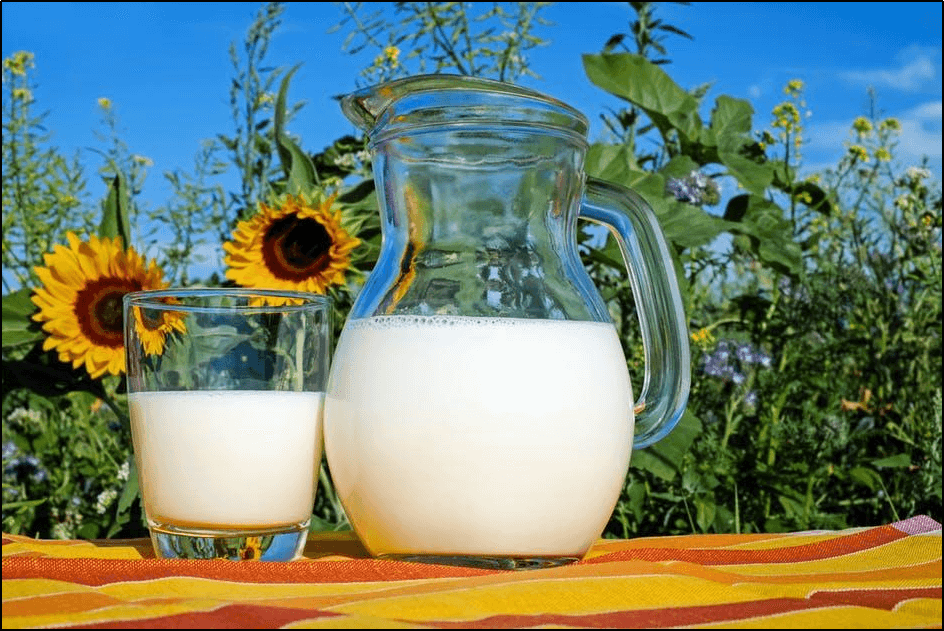Camel milk is known for being high in protein and vitamins, and it is said to have many health benefits. In some regions, it is even used as a natural remedy for certain illnesses. Camel milk also becoming more popular in the Western world as a dairy-free, dietary alternative to cow’s milk. Additionally, camel milk is free from allergens, making it a safe choice for those with allergies or food sensitivities. It also contains beneficial bacteria and enzymes that can help improve digestion. This piece will explore the potential health advantages of drinking camel milk and why it should be incorporated into one’s diet. If you are interested in learning more about camel milk, there are numerous camel milk blogs offering information, including nutritional data and recipes.
How Camel Milk Promotes Health And Well-Being?
Camel milk can provide you with a variety of health benefits, including:
Rich Source Of Nutrients:
Camel milk is packed with beneficial nutrients that can provide numerous health benefits. It is a great source of proteins, minerals, vitamins, and probiotics, making it a healthier alternative to other types of milk. Camel milk in the USA is becoming more popular, providing an alternative source of dairy nutrition to those seeking to avoid cow’s milk.
Immunity Booster:
The consumption of camel milk can strengthen the immune system by providing the body with high amounts of immunoglobulins and Vitamin C. These proteins and vitamins can help to fight off infection and provide antioxidant protection. In comparison to cow’s milk, camel milk contains more immunoglobulins and Vitamin C, making it more beneficial for boosting the body’s immunity.
Stronger Bone Density
Camel milk is high in calcium, a mineral essential for proper bone growth and maintenance, and it helps to keep bones strong and healthy. The omega-3 fatty acids in camel milk help to reduce inflammation and improve bone density, while the other minerals help to ensure that bones are properly nourished. Additionally, camel milk is a good source of vitamin D, which helps to regulate calcium and phosphorus levels in the body and is essential for bone health.
Improved Cardiovascular Health:
Camel milk is beneficial for the heart as it contains various antioxidants and omega-3 fatty acids. These components help to reduce cholesterol levels and lower the risk of developing heart disease. In addition, camel milk contains high levels of potassium, zinc, and vitamin C, which are all needed for maintaining a healthy heart and reducing inflammation.
Aids In Digestion:
Camel milk is rich in probiotics, which help to improve digestion and reduce gastrointestinal issues. It contains a variety of enzymes that help break down proteins, fats, and carbohydrates, making it easier for the body to absorb the nutrients from food. Camel milk also has anti-inflammatory properties, which can help reduce the symptoms of digestive problems.
Helps In Treating Diabetes
Consumption of camel milk has positive impacts on the treatment of diabetes, as it can decrease blood glucose levels while increasing insulin sensitivity. It is believed to reduce the chances of developing type 2 diabetes and can improve the symptoms of those with it. It also contains insulin-like proteins and anti-inflammatory fatty acids, both of which are important for regulating and preventing diabetes.
How Camel Milk Is Beneficial For Children?
Camel milk is a rich source of minerals and vitamins, such as calcium, magnesium, phosphorus, and zinc, which are essential for healthy growth in kids. Drinking camel milk can be advantageous for children with autism, as it contains omega-3 fatty acids that aid in neurodevelopment and decrease inflammation. Additionally, camel milk is full of antibodies that aid in fighting infections, as well as probiotics that are beneficial for gut health and immunity.
Conclusion:
Camel milk is lower in lactose than cow’s milk, and it also contains other beneficial components like insulin and immunoglobulins. Additionally, camel milk is higher in vitamins and minerals such as iron, zinc, and vitamin C than cow’s milk. It’s also rich in essential fatty acids, which can help to protect against certain diseases. In short, camel milk benefits make it a great alternative to cow’s milk for those with dietary restrictions or those looking for a nutritional boost.

